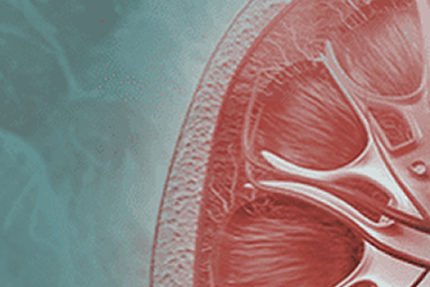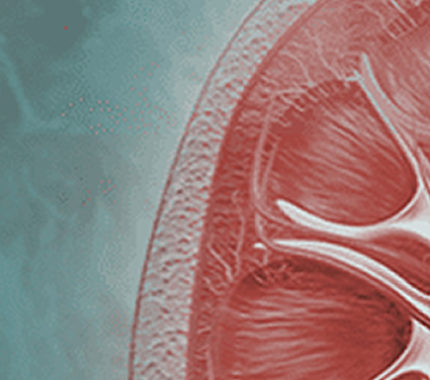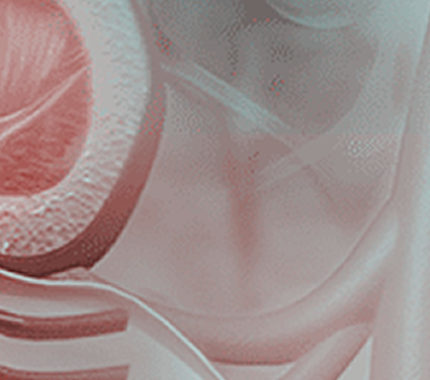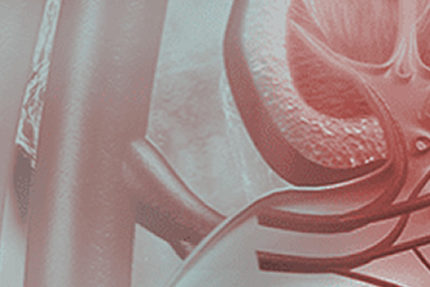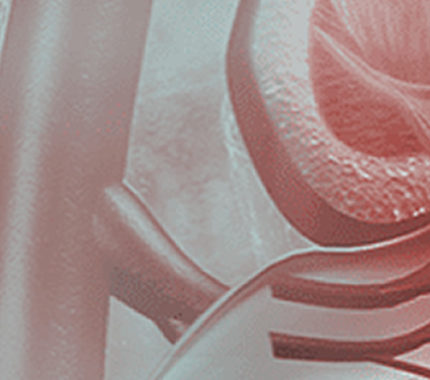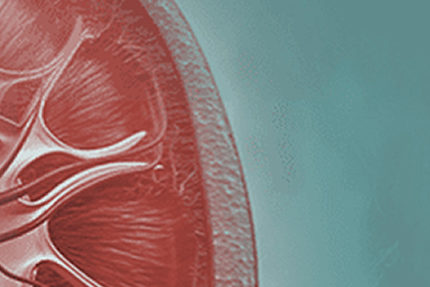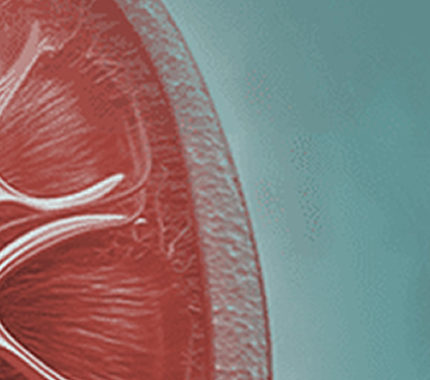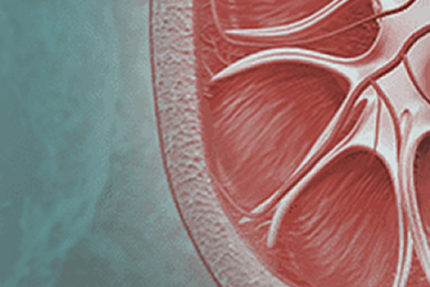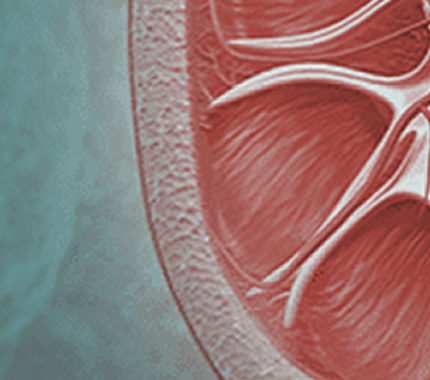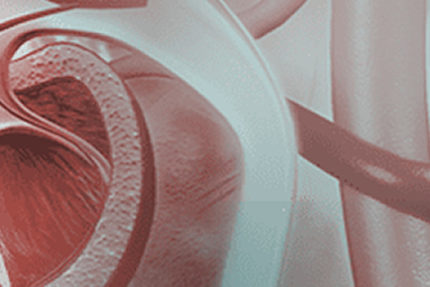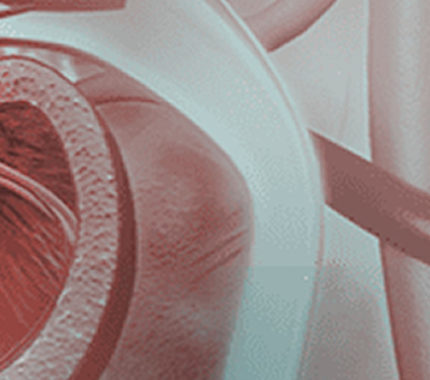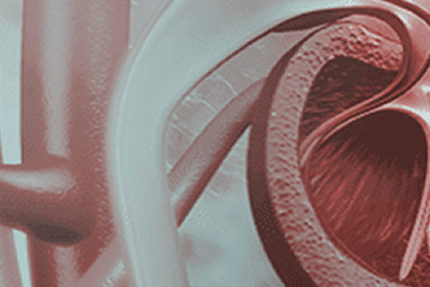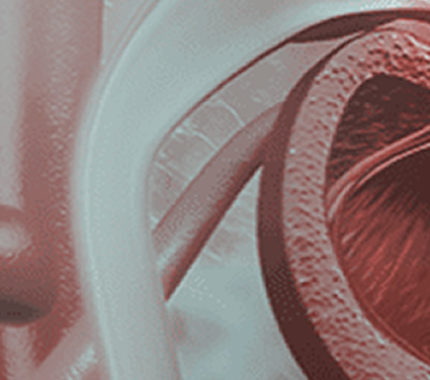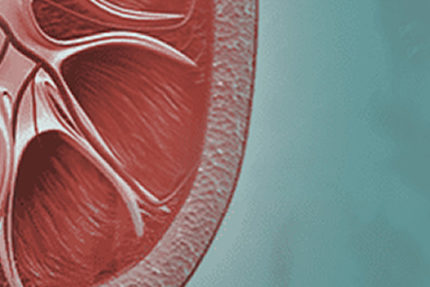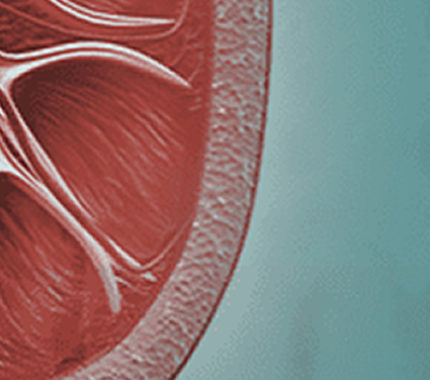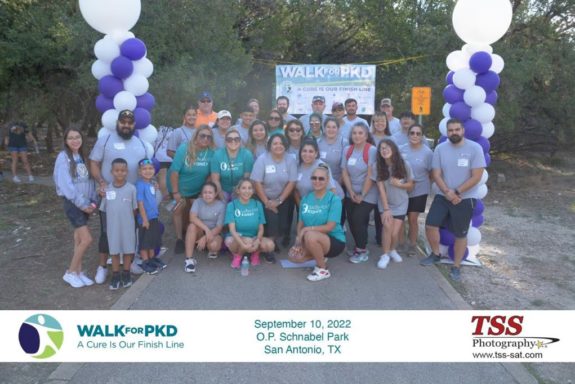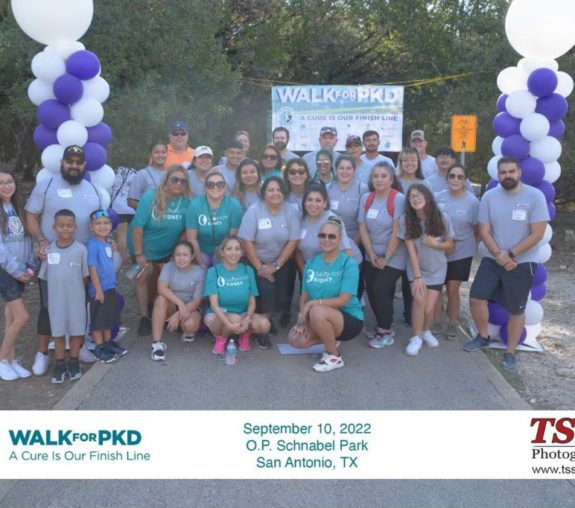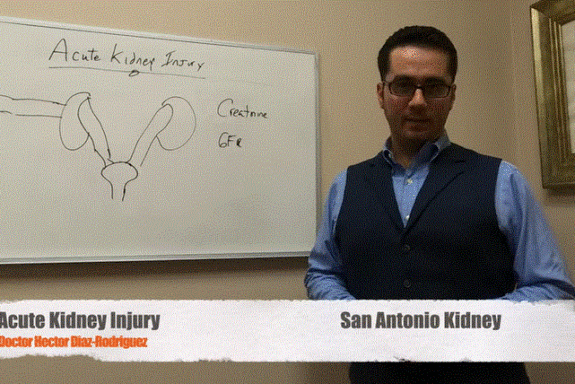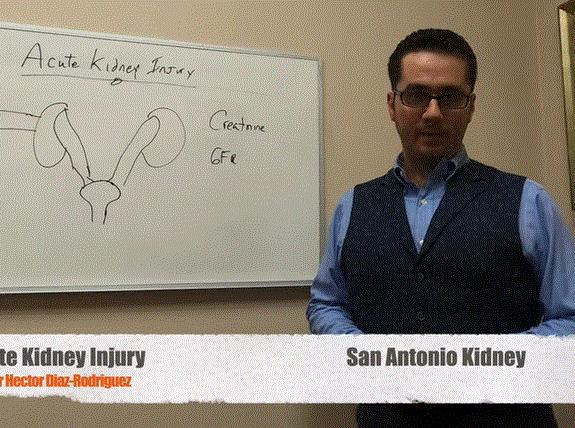
Chronic kidney disease (CKD) defined as a decreased level of kidney function or the evidence of kidney damage for greater than three months. When this happens your kidneys and can’t filter blood the way they should. The term “chronic” is use because this damage to the kidneys usually occurs slowly and over a long period of time.
There are five stages to CKD, with the last stage being end stage renal disease (ESRD). If kidney disease does progress to stage 5 it can lead to kidney failure. If your kidneys fail dialysis or a transplant may be need to maintain your health.
CKD consists of the following stages:
- Stage 1 – mild kidney damage, with an estimated glomerular filtration rate (eGFR) of 90 or greater. At this stage there are typically no symptoms and your kidneys are working well, but there may be protein or blood in your urine which is an early indicator your kidneys are damaged. Usually monitoring and optimizing your blood pressure or diabetes is key at this point.
- Stage 2 – still considered mild damage, with an eGFR of 60-89 ml/min. While people in this stage can live normally, it’s still a good idea to make an appointment with a nephrologist and work on ways to slow the progression.
- Stage 3 – mild to moderate kidney damage with an eGFR of 45-59 ml/min and Stage 3b, moderate to severe damage with a GFR of 30-44 ml/min. A chronic kidney disease stage 3 treatment plan is important to keep the kidneys working as long as possible and slow the progression of CKD.
- Stage 4 –is considered moderate to severe damage with an eGFR of 15-29 ml/min, and advanced kidney damage. The probability of undergoing a kidney transplant or dialysis soon is high depending on your age and rate of decreasing eGFR. You and your nephrologist will continue to work on slowing the progression of CKD, and plans may be discussed for future treatments such as dialysis or transplant.
- Stage 5 – with an eGFR of less than 15ml.min, this means your kidneys are close to kidney failure or have failed, and no longer able to keep the body chemically balanced and healthy. You and your nephrologist will put together a plan to keep you as healthy as possible while preparing you for dialysis or a kidney transplant.
The sooner you are aware that you have kidney disease, the sooner you can make changes to protect your kidneys and slow the progression of the of CKD.
Our physicians at San Antonio Kidney are dedicated to slowing the progression of your kidney disease and work with you to keep you as healthy as possible.

